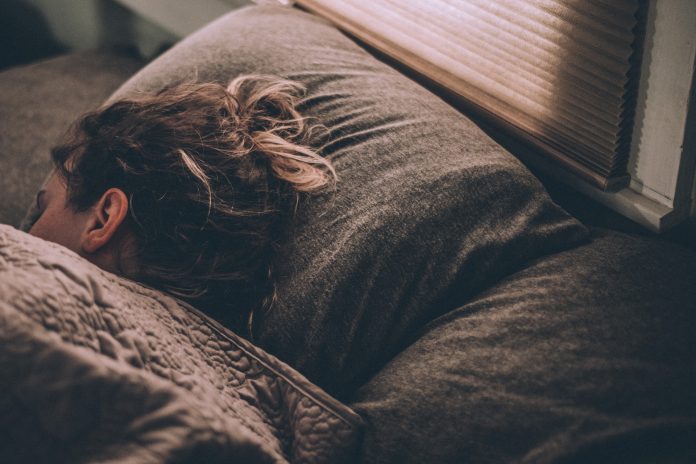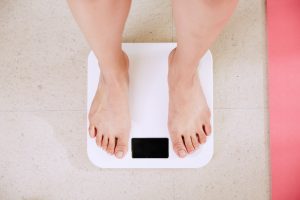
Sleep is easily one of the most important things we do as humans. The benefits of sleep have been well-documented over the years, but many of us still need help getting proper sleep. However, there are several reasons why you should fix your sleep schedule now because as we age, it becomes even more important; here’s why.
Keeps the Immune System Strong
One of the first big reasons why sleep is important is that it can help keep your immune system strong. Much like how different mattress sizes and firmnesses can keep your body and muscles healthy, sleep is necessary to keep your immune system strong and healthy.
Studies have shown that a lack of sleep can weaken your body and make you more susceptible to getting sick. There is a reason why doctors almost always recommend rest and sleep while we are sick.
Improves Mood
Sleep has also been shown to improve our moods and keep us feeling happy and positive. If you have had a late night and early start, more often than not, you will wake up feeling agitated, easily annoyed, and generally unhappy.
While sleep isn’t a cure-all for your mood, many people tend to feel much better and happier mentally when they have had the chance to catch up on their sleep.
Improves Concentration & Memory
Another big side-effect you will feel quite quickly if you haven’t slept enough is a lack of concentration, and your memory won’t be as sharp. Your mind needs to rest just as much as your body does; without that rest, it can’t perform at its best.
Weight Management
As we get older, managing our weight can become harder and harder. You can’t exercise as much as you once did, and you can struggle to maintain a healthy weight. However, sleep has been shown to be one of the best ways to tend to this problem.
While there is a lot of science regarding the connection between sleep and weight, the research can be simplified. Without sleep, our metabolisms can become deregulated, which can cause us to eat more or eat when we don’t need to.
People who lack sleep also tend to consume a lot of foods and drinks that make you feel more awake, items that are high in sugar or carbohydrates, for example.

Could Help Prevent Alzheimer’s Disease
While much research still needs to be done, some studies have indicated that proper sleep can help prevent, or at least slow down, the onset of Alzheimer’s Disease. Studies have shown that the brain is almost ten times more effective in ridding the brain of toxins when we are asleep compared to when we are awake.
Once again, more research needs to be done, and this is in no way a definite method of preventing Alzheimer’s; but it does show that there is a connection between the two.
How to Get Better Sleep
If you are struggling to get better sleep, there are a few relatively easy methods and changes you can make to not only sleep for longer but also get better sleep.
Have a Sleep Schedule
The first thing to do is to create a sleep schedule. There don’t have to be any hard and fast rules, but there should be an outline. Having a rough time for when you will turn off your devices and a time for when you will switch your light off will make a huge difference.
Many people tend not to get enough sleep because a “bedtime” seems a bit silly, especially when we are older. However, it is a very easy change that can have an instant impact.
Create a Restful Environment
Next, create a restful and relaxing bedroom. This can be done by having low lighting, a relaxing scent in the air, a comfortable and suitable pillow, etc. Turn your bedroom into a relaxing retreat of sorts instead of a place that makes your brain work over time.
Watch What You Eat & Drink
Your diet, especially in the hours leading up to when you sleep, can have a significant impact on your sleep quality, as well as how much you sleep. Foods and drinks high in carbohydrates, sugar, and caffeine will keep your body awake instead of relaxing you.
Nicotine acts as a stimulant and, therefore, can also keep your body and mind awake long after you want to fall asleep. Pay attention to alcohol, too, as it may make you sleepy at first but can disrupt your sleep later in the night.

Exercise
Finally, exercise, even on the most basic level, can help you sleep better. Simply put, exercise uses up energy, and when your energy is low, sleep will help you recover it for the next day. When you don’t exercise, you don’t use all your excess energy, making falling asleep a serious struggle.
Therefore, a long walk, a slow jog, or any other form of exercise can put your body in a state of recovery, making it easier to fall and stay asleep.






















